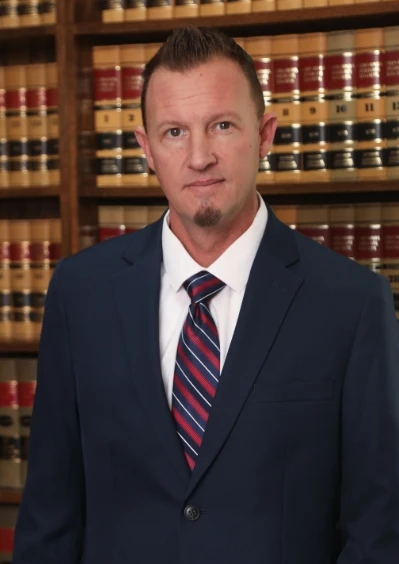Are Divorces Public in California?

If you are approaching divorce in California, you may be concerned about your reputation. It is only natural to feel self-conscious about your divorce, and a failing marriage can be quite embarrassing. While you might feel comfortable sharing news of your impending breakup with close friends and family, you may also wonder whether your divorce records will become public for all to see in California. Is this true? How can you protect your privacy during a divorce in California? Navigating the intricacies of divorce law in California can be challenging, which is why seeking guidance from reputable and experienced California divorce lawyers is crucial to safeguarding your privacy and ensuring your interests are protected throughout the process.
Divorce Records Go on Public Record in California
Courts in California have long recognized a common law right of access to public documents, including court records. However, family law records are public records subject to public view and copying, unless they are confidential by operation of law or sealed by the court. For instance, parentage cases under the Uniform Parentage Act filed before January 1, 2023, and petitions involving assisted reproduction are confidential by operation of law and are only accessible to the parties named in the cases or their attorneys of record. Documents within a court record may also be confidential, i.e. mediation reports, drug test results, psychological evaluations, etc. These documents may only be viewed and copied by the parties or their attorneys of record. Additionally, a party may request and a court may order that the records be sealed.
Mediated Divorces Are More Private
If you want to keep the details of your various disputes private, consider private mediation. The entire negotiation process occurs behind closed doors, and everything you say during mediation is confidential. The end result is a separation agreement that dictates how your divorce should be handled. The separation agreement is then prepared as a judgment requiring Court approval. The Court may enter the judgment upon submission, or require a hearing for the approval.
This process is far more private than litigation. If you go through a contested divorce in court, minor details of your disputes may find their way into public records. These might include embarrassing details about alleged misconduct during the marriage. They may also include financial details that you want to keep confidential.
Prenuptial Agreements Can Keep Divorces Private
Another option is to pursue a prenuptial agreement. Of course, this is only possible before the marriage actually takes place – so you will need to plan ahead. If possible, a prenuptial agreement can be one of the most effective tools for maintaining privacy. Like mediation, all discussions and negotiations occur in private. The result is a contract that dictates exactly how the divorce should be handled, and the agreement can have provisions to protect privacy rights.
This is an especially popular option for celebrities, business tycoons, politicians, and other public figures. The reason for this popularity is simple: Prenuptial agreements are very effective – and you might consider one if you are approaching a new marriage. Postnuptial agreements can also help keep divorces private, although they are generally less enforceable compared to prenuptials.
Find a Divorce Attorney in Riverside
If you have been searching for an experienced divorce attorney in Riverside, look no further than the Knez Law Group. With the help of our team of sought-after Riverside divorce lawyers, you can protect your privacy as you approach divorce. Many potential strategies can help you accomplish this goal, and a consultation can help you assess the most appropriate option based on your unique situation. Call us at 951-742-7681 or submit your inquiries in our confidential contact form today to get started.

Matthew J. Knez graduated from the University of Redlands in California with a Bachelor of Arts degree in Creative Writing. He then pursued his law degree at the University of La Verne College of Law in Ontario, California, where he earned various awards, including the CALI Award in Torts, and was on the Dean’s List. During his time in law school, Mr. Knez was a member of the Justice and Immigration Clinic, working with individuals seeking asylum in the United States from countries where they faced persecution or threats of persecution. Additionally, he was an Associate Editor for the Law Review and published an article on California family custody move-away cases. Learn more here.
